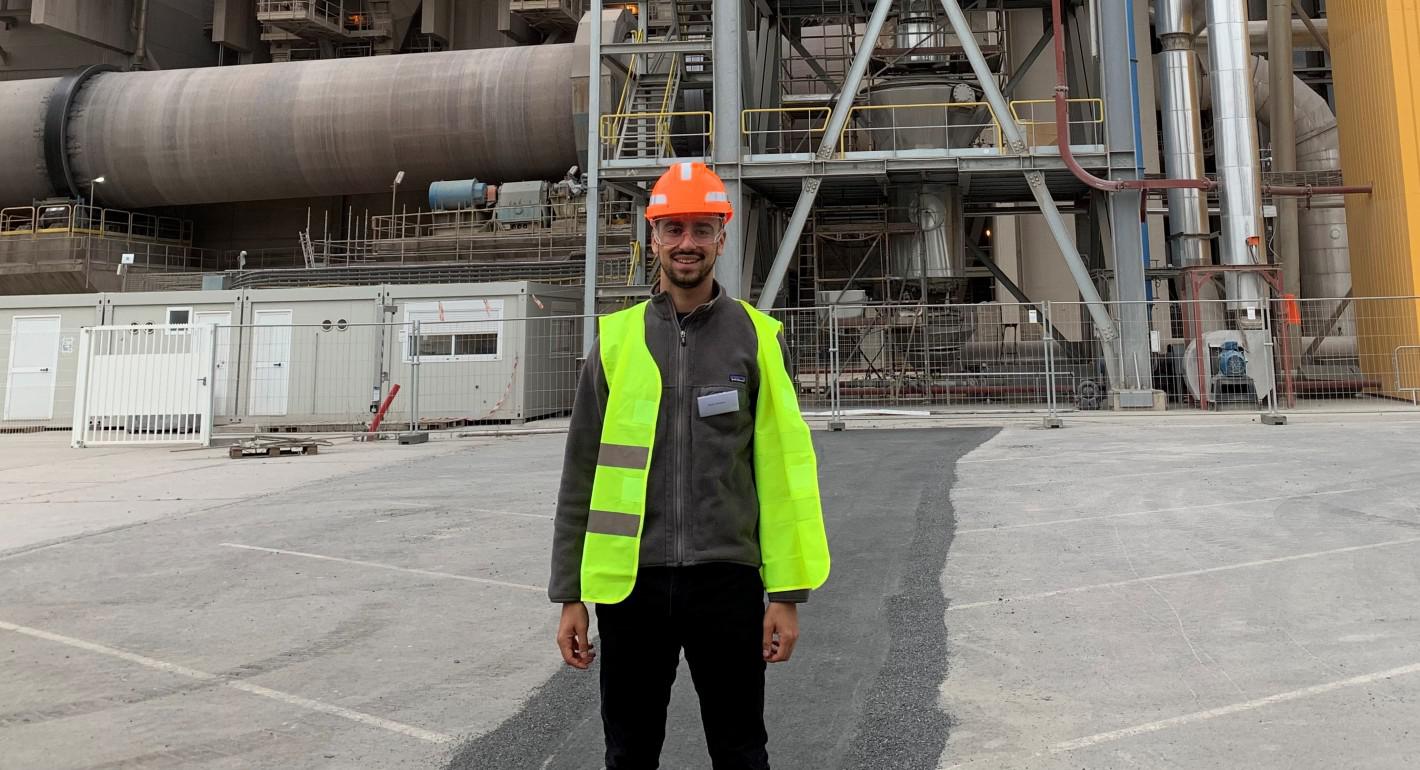The links between climate, energy, and security are rarely so clear as in the ongoing war between Russia and Ukraine.
In the buildup to Russia’s invasion, analysts asked when the Ukrainian soil would freeze sufficiently for Russian tanks to roll over it—this European winter, like so many in recent times, has been unusually warm. That same Ukrainian soil provides over 10 percent of the world’s supply of wheat, barley, and maize, which means that countries relying on those imports are now especially vulnerable to the next climate change–related drought or locust swarm. Moreover, Russia launched its invasion at a time of historically high oil prices, just as it did in 1979 (in Afghanistan) and 2008 (in Georgia). And Europe responded to the invasion with a massive package of sanctions and measures meant to reduce its need for imported Russian hydrocarbons, some good for the climate—for example, insulating buildings or installing heat pumps—and some bad, like planning to fire up aging coal power plants or import more liquified natural gas.
Those links may not always be so evident, but they are there, and myriad. Floods and fires end lives. Especially when exacerbated by climate change, food and water insecurity can bring down governments, stoke ethnic conflict, or force people to emigrate. Melting ice caps and rising sea levels are opening up new shipping lanes and stirring up tensions around valuable, unclaimed resources in places like the Arctic. The response to climate change will redraw the world map too, as the transition to clean energy gives rise to new energy exporters and (eventually) threatens the old. The world’s institutions will have to adapt to new diplomatic coalitions divided by their climate policies, and potentially to violent eco-protest movements or the unilateral deployment of solar radiation modification technologies.
Climate and energy, and how they change world politics, have been the focus of my career. I was working as a parliamentary assistant in the German Bundestag when eight EU member states formally objected to Nord Stream 2 on geopolitical grounds in 2016, and I was heading the Transatlantic Climate Bridge initiative for the Berlin-based climate think tank Adelphi when the controversial gas pipeline was halted in 2022. In between I worked as a think tank analyst at the London-based Centre for European Reform, as an energy consultant in Berlin, and as a climate journalist for publications like the Atlantic, the New Statesman, Euractiv, Internationale Politik, and Der Tagesspiegel.
I look forward to taking this work forward at Carnegie, back in my hometown of Washington, DC.
